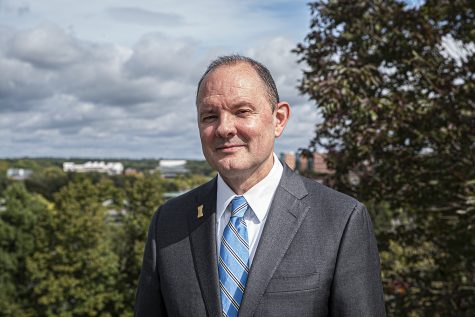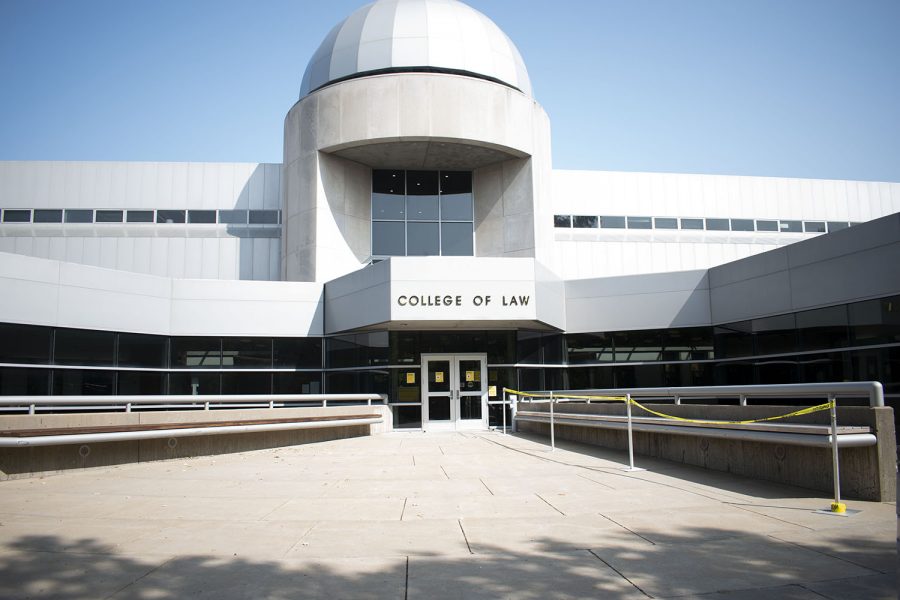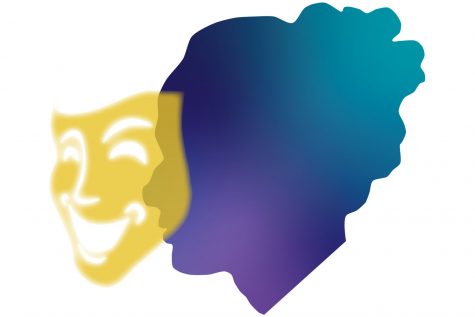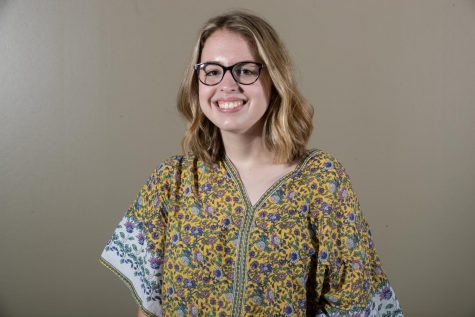University of Iowa College of Law welcomes most diverse class in its history
The University of Iowa College of Law has the highest percentage of minority students and women in its history.
The University of Iowa’s College of Law is seen Thursday, Sept. 17, 2020.
September 29, 2020
The University of Iowa College of Law is welcoming its most diverse class in its 155-year history, with 25 percent of students in the class of 2023 identifying as a minority.
That’s a jump from 2019, when 18 percent of incoming students identified as a minority. The college added more scholarship funding for students from underrepresented backgrounds, said UI Dean of the College of Law Kevin Washburn.

“At a time like this, at a moment of historical reckoning in our county, we’re happy to be doing this because this is the most important thing we can do, which is right in line with our mission of producing lawyers,” Washburn said.
UI Assistant Dean of Admissions for the College of Law Collins Byrd said the college has also focused on developing one-on-one relationships between faculty, current students, and prospective students.
“What we’re doing to maintain our commitment to the educational commitments of diversity is to get students from a wide variety of backgrounds here who will be reflective of the educational benefits of diversity,” Byrd said. “It has much more to do with the educational benefit that it has to do with a certain percentage.”
UI College of Law graduate Justin McCorvey, who graduated in 2020 and was previously the Student Chair of the Diversity, Equity, and Inclusion Committee for the college, said the college partnered with Historically Black Colleges and Universities (HBCUs) to recruit students.
“Myself being a graduate of an HBCU, Florida A&M University, it’s a really sweet spot for me because I know the greatness and the awesome talent that comes out of HBCUs,” McCorvey said. “So, I really thought we could use that at the College of Law.”
McCorvey said he is now a part of a new alumni diversity committee for the UI College of Law.
“I’m happy to be a part of that, so my work has continued from being a student to an alumnus of the law school,” McCorvey said. “I think that committee is going to be able to hold the law school accountable, and make sure they are doing everything they can to recruit diverse talent to the law school so we can keep setting new heights for ourselves and saying that diversity is growing every year.”
Related: University of Iowa Law Anti-Racism Committee generates plan for immediate action
Co-Faculty Chair of the UI College of Law’s Diversity, Equity and Inclusion committee Christina Bohannan said a diverse student population is important, because people have different experiences with the law depending on their background.
“It fundamentally changes the nature of the conversation to have a good diversity of perspectives,” she said. “This isn’t just about the color of one’s skin, it’s about their background, their experience, and their experience with the law. People have very different experiences with it and how it impacts different communities, and that’s a really important thing for people to hear.”
The incoming class also has the highest share of women in the college’s history, making up 53 percent of the class.
Washburn said with many women holding political office in Iowa and across the country, more women are interested in attending law school.
“Women are really coming into the ascendancy of leadership in our state. Throughout the United States, it’s lawyers that people turn to for leadership,” Washburn said. “It’s natural that as women start doing more, younger women are more likely to follow in their footsteps and one way to do that is to go to law school.”
According to the American Bar Association, around 30 percent of students entering law school identified as minorities in 2019.
As the school’s student population becomes more diverse, Washburn said the college is also working to improve diversity among faculty members.
Bohannan said recruiting diverse faculty has been an ongoing challenge for the college.
“This is an excellent law school, and people who come here often get good offers to go elsewhere,” Bohannan said. “That’s a problem at all law schools, but it is an ongoing challenge. I hope that we will be able to do more of that in the next few years.”





















